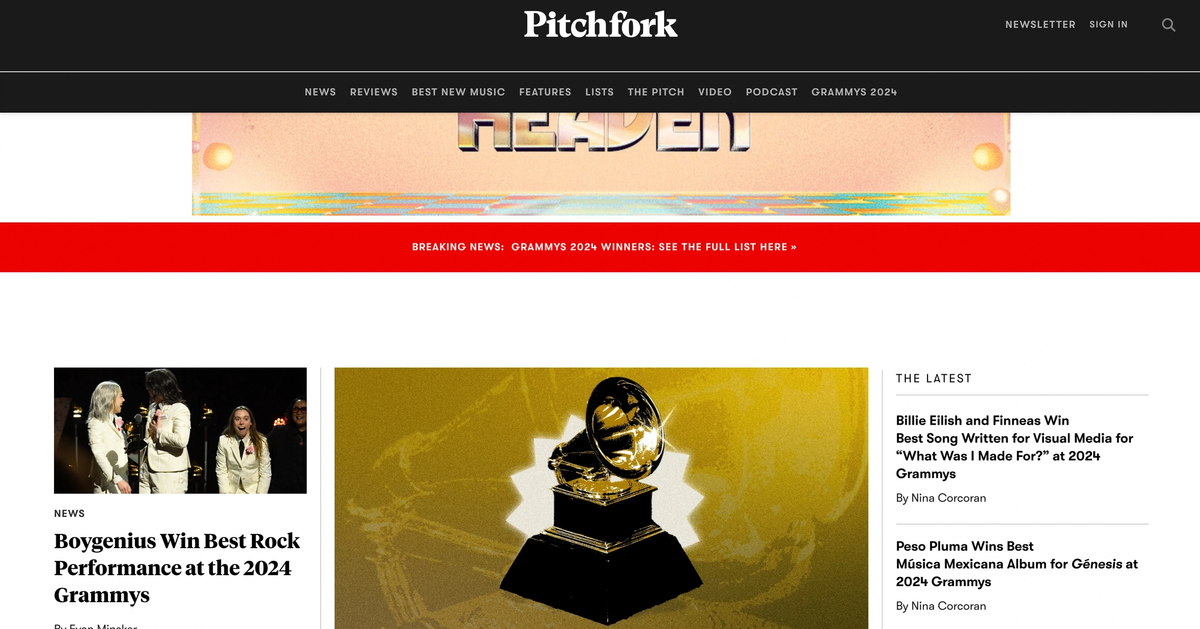- The Publisher Newsletter
- Posts
- Tuesday 6th February: The Messenger was doomed. Grid was not.
Tuesday 6th February: The Messenger was doomed. Grid was not.
Good morning! Today’s newsletter is brought to you by Chris.
That’s a wonderful subtitle! In this look at the collateral damage of The Messenger’s inevitable closure, Mark Stenberg takes a look at a news organisation that was caught in the crossfire — Grid — and provides a timeline of what went wrong. As he explains in the first paragraph Grid took a refreshingly original approach to news coverage:
“The 30-person outlet sought to cover the news using a series of intersecting perspectives, which aimed to make clear to readers how a single story could read differently based on how you approached it. It debuted a wholly original editorial concept, a format called a 360, with the express purpose of making these connections evident.”
But, as feels depressingly inevitable given the state of digital media, Grid fell prey not to a failure of its new editorial model but a commercial one. The investment firm IMI, which had initially provided the capital for the organisation, apparently decided it was not sustainable (or more likely profitable enough) on its own, and folded it into the upcoming ill-fated The Messenger. As Stenberg explains: “Not only was The Messenger a waste of its capital — it was also a waste of Grid.”
Max Tani has penned this unflinching (and pretty excoriating) look at how Condé Nast gutted Pitchfork. It’s a frustrating read — but what I think is especially notable here is how the anger around Pitchfork’s fate is persisting. So far it hasn’t been a one-and-done bout of rage as you might have expected, it’s simmering. Doesn’t feel like one that Condé will live down any time soon.
We’re not taking this one at face value, nor are we advocating that loads of publishers suddenly dive headfirst into partnerships with AI companies like Microsoft. Instead we’re including this because it gives some insight into how the news organisations participating (including Semafor) are thinking about AI — both as a tool and a potential game-changer for the information ecosystem.
Members of the Media Voices community are chatting on our forum about the best membership platforms. If you have any ideas (or want to steal some) join the conversation here.
Well this casts a little bit of a pall across our plan for a speed dating service that sets philanthropists up with struggling newspapers. Writing for Axios, Felix Salmon examines the motivations and potential repercussions of wealthy men and women snapping up media outlets. As he says in the bottom line — ultimately it comes down to not expecting a return on investment (which is beyond the ken of many billionaires).
More from Media Voices







